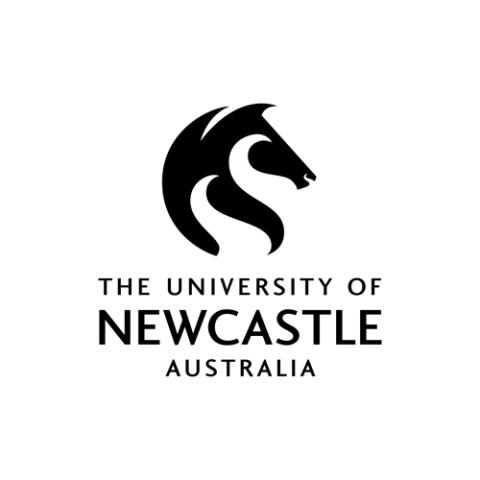
Campus talks: two vice-chancellors on maintaining quality and financial stability within a university
Key Details
Listen to this podcast on Spotify or Apple podcasts.
Universities are public service organisations, educating and researching for the broader societal good. Yet in many countries, the UK and Australia among them, public funding for these institutions has been stripped back forcing them to take a more strategic, commercial approach to generate the income needed to support their work.
How can institutions balance social responsibilities against the need to maintain sound finances? How can they improve the quality of teaching and research while driving efficiency and streamlining spending? And how can they remain competitive in an ever-changing global higher education sector? We spoke to two vice-chancellors about how they navigate these challenges.
Alex Zelinsky has been vice-chancellor and president of the University of Newcastle, Australia, since 2018. A computer scientist and systems engineer by background, Alex previously worked in government as Australia’s chief defence scientist.
Anton Muscatelli has been principal and vice-chancellor of the University of Glasgow since 2009. He will be retiring next year after leading the university through a period of impressive growth. An economist, Anton was chair of the First Minister’s Standing Council on Europe and a member of the Scottish Government’s Council of Economic Advisers until 2021. He has been a special adviser to the House of Commons Treasury Select Committee on fiscal and monetary policy, and has advised the European Commission and the World Bank.
If you’d like advice and insight from academics and university staff delivered direct to your inbox each week, sign up for the Campus newsletter.



